
China's pension funds will seek other investment channels and will not rely on investing in the stock market, as ensuring the safety of the assets is the top priority, a ministry official said Thursday.
"Some of the country's pension funds will be funneled into the stock market, but we will also look for more investment channels that can bring stable returns," Yin Chengji, spokesman for the Ministry of Human Resources and Social Security, told a media briefing held in Beijing Thursday.
Yin said the ministry is still mulling investment options for pension funds, but highlighted that maintaining the funds' financial safety is the top priority.
The views expressed by Yin have sent "a positive signal to the stock market, and will help boost market sentiment," Li Daxiao, director of the research institute with Shenzhen-based Yingda Securities, told the Global Times Thursday.
The pension fund authorities in Guangdong have entrusted the National Council for Social Security Fund (NCSSF) to manage 100 billion yuan ($16.2 billion) of its pension funds since March 2012, and part of the money has been invested in the domestic stock market.
The rate of return on investment of Guangdong's pension fund that has been entrusted to the NCSSF was over 9 percent in 2012, much higher than the returns from bank deposits or government bonds, Dai Xianglong, chairman of the NCSSF, said on the sidelines of the Boao Forum held earlier this month.
"Guangdong's successful trial might encourage more local authorities to follow its way of handling pension funds, as many local governments face a shortfall in their pension funds and urgently need to increase the value," Li said.
"The pension funds could be invested in low-risk financial products such as national bonds, financial bonds and large companies' corporate bonds," Dong Dengxin, a finance professor at Wuhan University of Science and Technology, told the Global Times Thursday.
"Authorities should be prudent, given the number of problems in the market," he said.
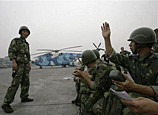
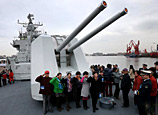



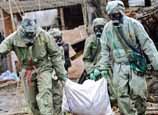
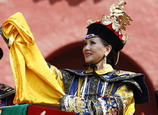

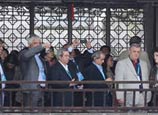
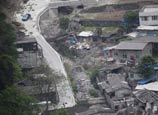






 Giant pandas safe in quake-hit zone
Giant pandas safe in quake-hit zone


![]()
